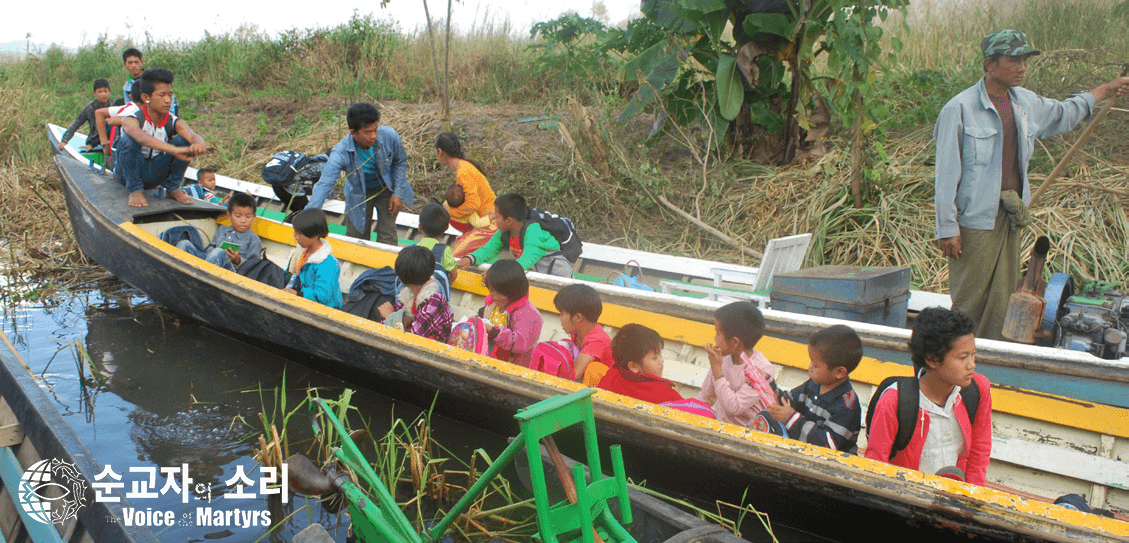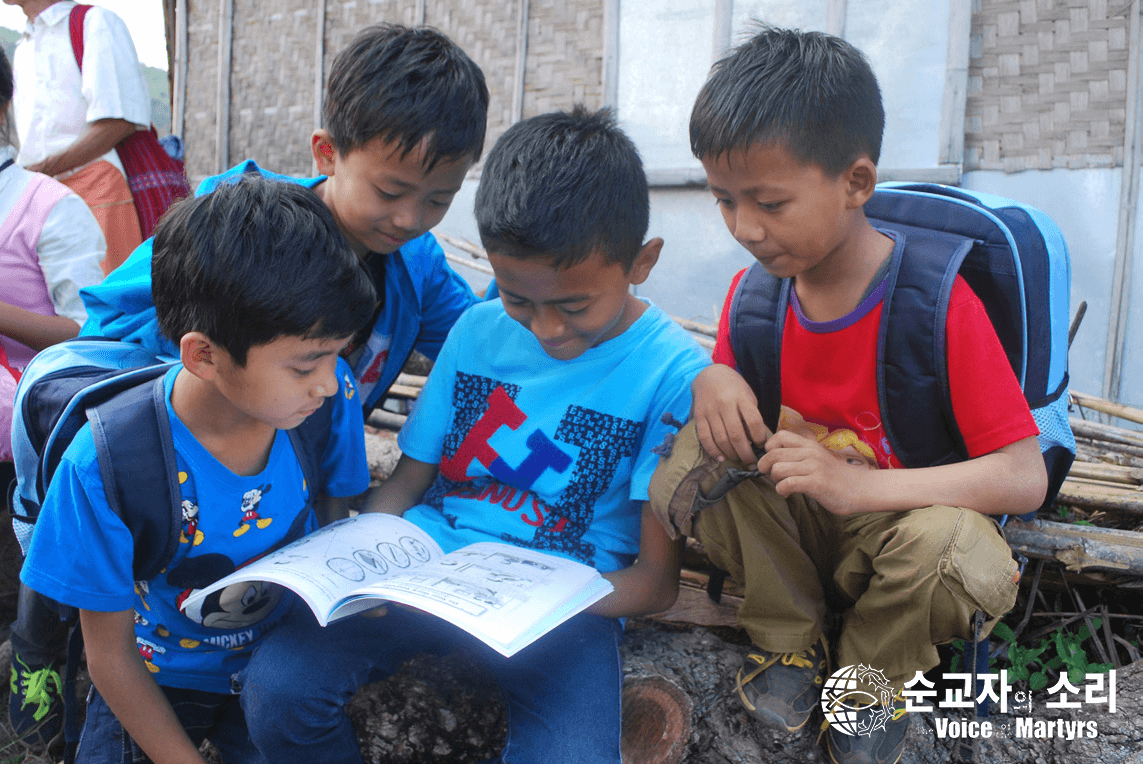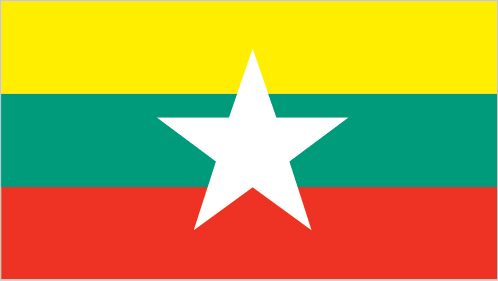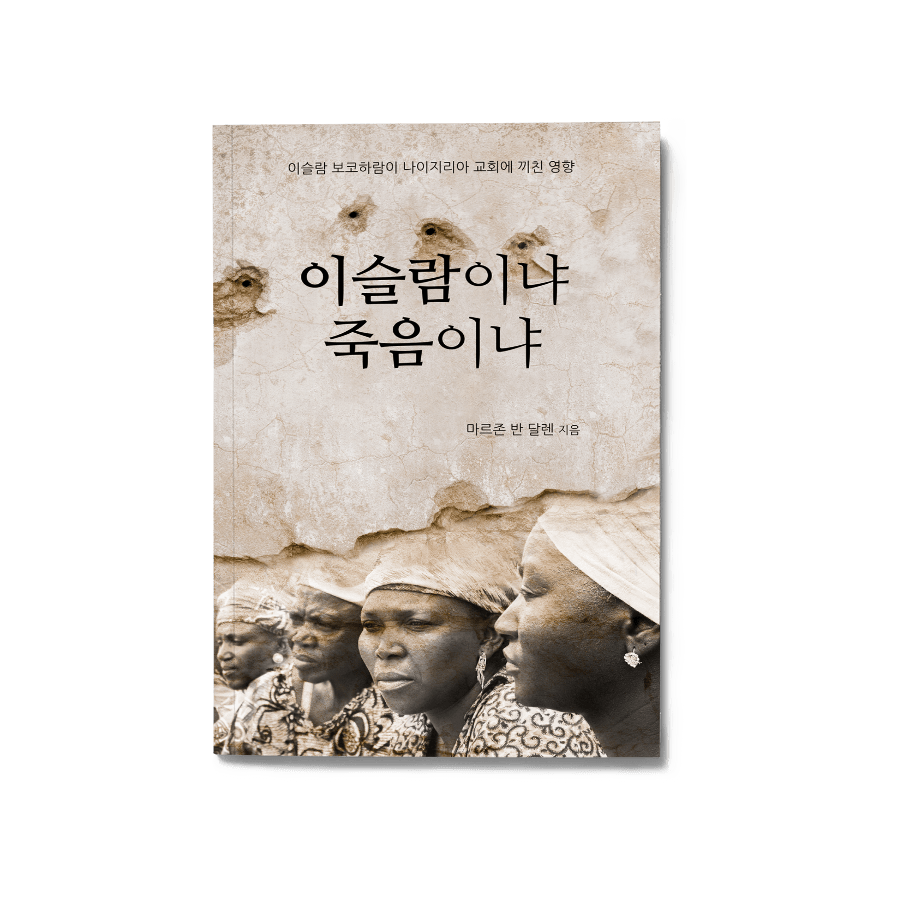DESIGNATION: Restricted
OVERVIEW: Christian faith in Burma traces its roots to the missionary efforts of Adoniram Judson, who arrived in 1813 with his wife, Ann. The Judson Bible is still the standard translation used by churches. Most Christians are from the Chin and Karen tribal groups, with very few of Myanmar’s ethnic people group coming to faith. Many Bible schools exist throughout the country, and indigenous church planters and missionaries boldly proclaim the gospel. The church is growing despite widespread persecution by the government and the Buddhist majority. The Burman ethnic majority dominates and oppresses the other tribal groups. While political change has been much discussed in recent years, only superficial change has occurred. The military still effectively controls the country. U.N. sanctions have been dropped, but the average citizen has not been positively affected.
MAJOR RELIGIONS: Most Burmese tribal members are Buddhists, while the Chin and Karen people groups are nominal Christians. Rohingya Muslims are a small but significant group that has suffered devastating human rights violations at the hand of the military government.
PERSECUTOR: Buddhist monks, in cooperation with government officials, are the major persecutors in Myanmar, but local officials and tribal militias also persecute Christians. Families and villagers who practice animism often persecute those who convert to Christianity.
WHAT IT MEANS TO BE A CHRISTIAN IN MYANMAR: The widespread, long-running civil war directly affects Christians when the national government loses authority in an area. Villagers with animistic beliefs take vengeance against Christians, claiming they are angering local spirits. Church gatherings and church buildings are allowed in most of the country, but it varies from state to state. Many among the nominal Christian people groups seem to lack sincerity and dedication. Active believers who share their faith face difficulties. Within tribal groups, families oppose conversion and new believers are subject to close government monitoring. Recently, Buddhist monks have actively opposed new Christian converts and evangelists. In general, pastors are detained for a few days at a time.
ACCESS TO BIBLES: Bibles can be openly purchased and owned, but most people are not able to afford them. While book stores in large cities sell Bibles, they are unavailable in other regions. Most Burmese Bibles are smuggled into the country.
VOM WORK: VOM provides materials for the growing church, distributes Bibles and provides training for Christians.




 VOMK 채널 구독
VOMK 채널 구독
